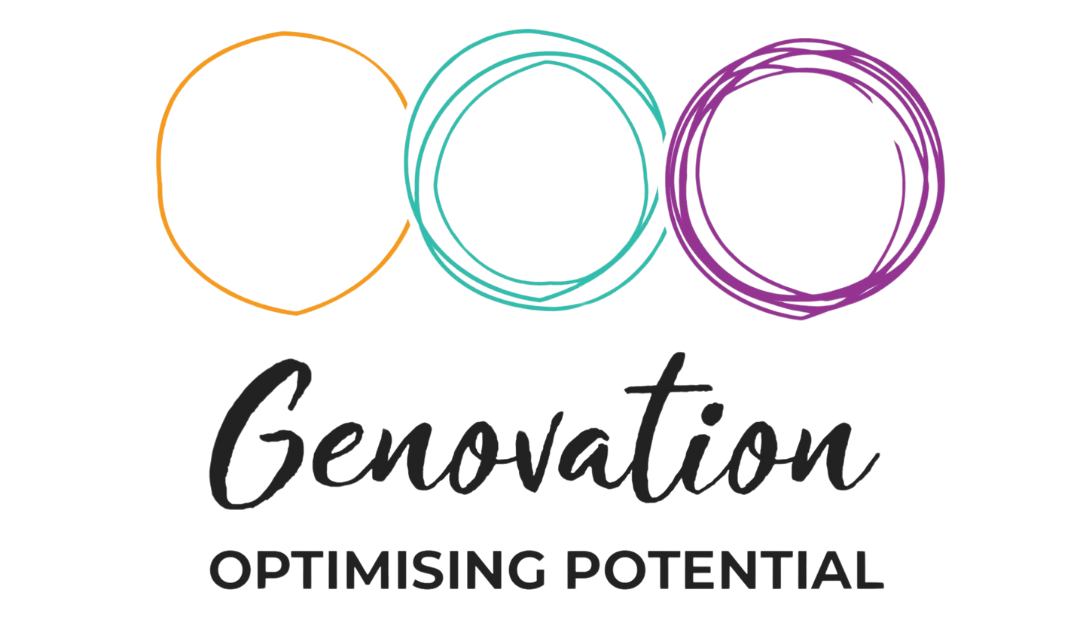Top 7 Ways to Build a Social Community for Families on the NDIS
Having a strong social community makes a huge difference for parents and families of children with additional needs.
Support networks provide encouragement, shared experiences, and access to helpful resources.
The NDIS offers funding to help families connect, build friendships, and take part in activities that create a sense of belonging. Here are 9 ways families can build a supportive social community.
Tip 1: Join Family Support Groups
The NDIS funds support groups that bring families together.
These groups offer a space to share experiences, exchange advice, and connect with others who understand the challenges and joys of raising a child with additional needs.
Many groups organise meetups, workshops, and social events to help families feel connected and supported.
Tip 2: Get Involved in Community Programs
Local councils, libraries, and community centres run programs designed for families, including sensory-friendly events, playgroups, and inclusive activities.
NDIS funding can be used for support workers to assist families in participating, making these programs more accessible and enjoyable.
Tip 3: Use Social Media and Online Communities
Online groups and forums are a great way for families to connect, especially for those in rural or remote areas.
Many NDIS support groups exist on Facebook and other platforms, offering a space to ask questions, share resources, and find families in similar situations.
Tip 4: Find Peer Mentoring Opportunities
Peer mentoring allows families to connect with others who have walked a similar path.
Many NDIS providers offer peer programs where experienced families support those new to the system, sharing tips and guidance to make navigating the NDIS easier.
Tip 5: Take Advantage of NDIS Community Participation Funding
The NDIS funds Capacity Building – Increased Social and Community Participation, which helps families access activities that promote inclusion.
This funding can cover support workers, social events, and group outings, allowing families to take part in fun and meaningful experiences together.
Tip 6: Attend Inclusive Family Events
Many organisations host events specifically designed for families of children with additional needs.
These events create a welcoming environment where parents and siblings can socialise, while children take part in accessible activities.
Checking local event listings can help families find activities that align with their interests and needs.
Tip 7: Connect Through School and Therapy Networks
Schools and therapy providers often run family support sessions, group programs, and parent networking events.
Connecting with other families through these networks can help parents find like-minded people and develop friendships that extend beyond scheduled sessions.
Bonus Tip 1: Encourage Sibling Support Groups
Siblings of children with additional needs can also benefit from a strong social community.
NDIS providers and community groups offer sibling support programs where brothers and sisters can meet others who share similar experiences.
This helps strengthen family bonds and provides valuable emotional support.
Bonus Tip 2: Be Open to Trying New Things
Building a social community takes time, and sometimes it means stepping outside of your comfort zone.
Trying different activities, attending new events, or joining a new group can lead to unexpected friendships and valuable connections. Being open to new experiences helps create lasting social networks.
Need Help Finding Support? Chat to Giuliana
Chat with Giuliana now to explore programs, find support groups, and make sure your family has access to the right social connections and community resources.

